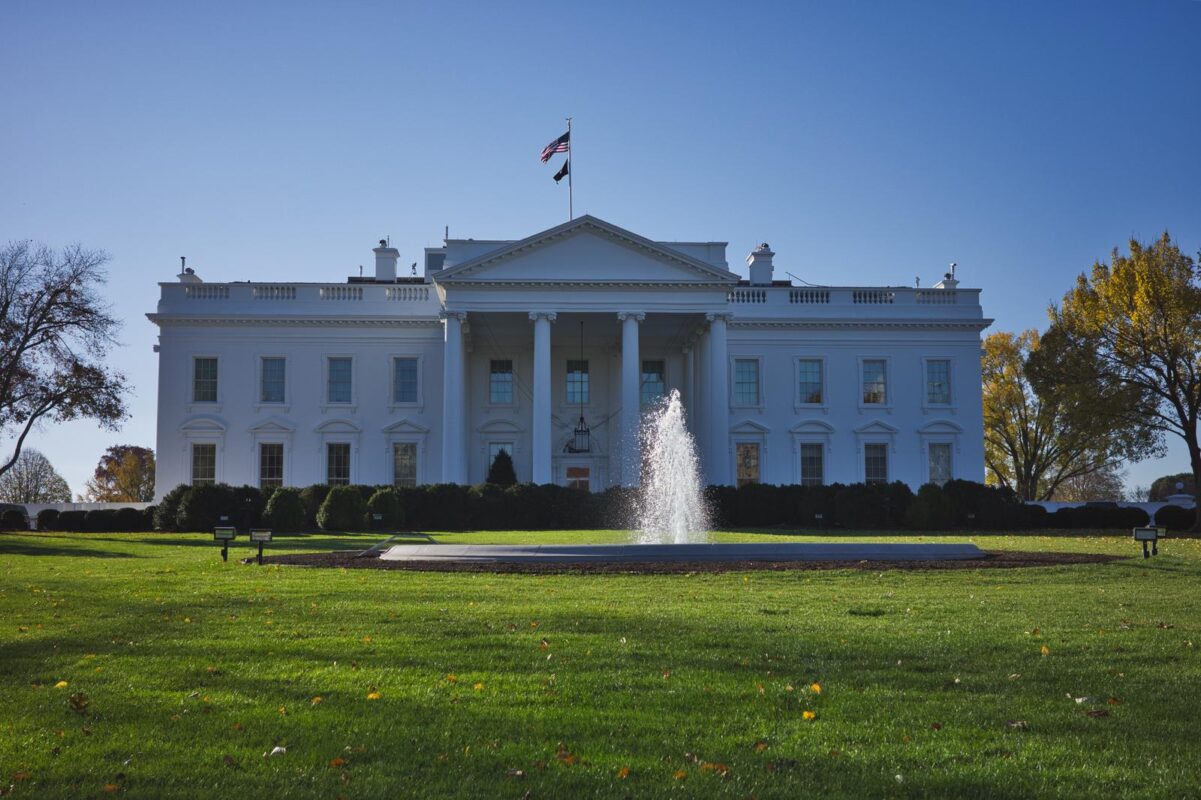
Blog
Is Your Purchase Really Eco-friendly?

Hey there! Let’s dive into a topic that’s becoming increasingly important in our everyday lives: greenwashing and the regulations designed to tackle it. I’ve been writing extensively about the environment, and we both understand the urgent need to take action to protect our planet. While there are many methods to preserve the Earth, are they truly the right ones? Are the actions we’re taking genuinely beneficial for the environment? Can we be certain?
No need to worry! There are ways to evaluate whether products or companies are genuinely trustworthy. One of these is through greenwashing regulations. So, what’s the deal with greenwashing, and why is regulation around it so crucial?

What Exactly is Greenwashing?
First off, let me simply introduce what greenwashing actually means.
A company advertises its products as “eco-friendly” or “natural,” but when you look it up closer, you might find out it’s just marketing fluff. This kind of misleading advertising gives consumers a false sense of security. We’re often wondering if we’re truly supporting sustainable practices or simply, we’re misled by those company’s strategies.
Greenwashing can be a various type. Some companies make ambiguous claims without any solid evidence. Others might exaggerate only one small positive aspect of their product while completely ignoring larger or any other environmental impacts.

Why Do We Need Regulation?
Now that we understand what greenwashing is, let’s talk about why we need regulations to combat it. Here are a few key reasons:
1. Protecting the Consumers
As more people become environmentally conscious, it’s essential to ensure we’re not being misled. We want to make informed choices, don’t we? Regulations help set clear standards so we can trust the claims. As a result, when we choose a product (or invest in a company), we know it’s genuinely contributing to sustainability.
2. Encouraging Real Change
When organizations invest in or closely monitor a company, that company is more inclined to take genuine steps toward sustainability. This approach can lead to authentic innovation and positive transformation within the industry.
3. Building Brand Trust
When we have many choices, what matters is trust. Brands that engage in greenwashing risk losing the trust of their customers. Regulations promote transparency and honesty, which can actually strengthen brand loyalty.
4. Aligning with Broader Goals
Many governments are emphasizing sustainability as a priority in the world. By implementing greenwash regulations, we can ensure that corporate practices align with global sustainability objectives.
What’s Happening Right Now?
We’ve gone through a lot of information. Next, let’s look the current landscape like regarding greenwash regulation in the world! It varies quite a bit depends on countries or areas:
European Union

The EU’s Green Deal includes measures to increase transparency in environmental claims. They’re pushing for regulations that require companies to provide clear, verifiable information about their sustainability practices.
In March 2021, the European Commission proposed the Corporate Sustainability Reporting Directive (CSRD), which expands existing reporting requirements for companies.
There are penalties for the companies who break the rules. They are excluded from procurements and confiscated revenues. Moreover, they have a fine of 4% of the annual turnover.
The United States
In the U.S., the Federal Trade Commission (FTC) has developed the Green Guides. These guidelines help companies understand how to make honest environmental claims. The Environmental Defense Fund also called on the FTC to define the terms “net zero” and “carbon neutral,” so in the near future, the restriction is going to be stricter.
There was a case about the violating of Greenwashing laws, and, in total, the penalty was $5.5million. Depending on the state, the U.S. is developing the regulations and laws about Greenwashing.

United Kingdom
The UK has been making moves as well. The Competition and Markets Authority (CMA) has issued guidance on environmental claims, emphasizing the need for honesty and substantiation. The CMA is concerned about how the companies’ products are marketed to customers in the terms of eco-friendly 29 July 2022. They’ve even started investigating. At that time, this organization had not found a company that breached of consumer protection law, but it will also consider whether to open further investigations.

Canada
What about Canada? What kind of law is there?
Under the new provisions, penalties for making statements that constitute “greenwashing” can be quite severe. According to the new law enacted on June 20th in 2024,
①C$10-million (C$15-million for repeat conduct)
②Three times the value of the benefit derived from the deceptive conduct, or, if that amount cannot be reasonably determined, 3% of worldwide gross revenues
Conclusion
In order to combat the greenwashing, there are many problems. Such as the lack of clear definitions for what constitutes “green” or “sustainable”, the inconsistency and global disparities. But, for the customers, it is crucial. Thanks to this regulation, we can buy products and confidently contribute to the eco-friendly action.
Our company Carbon Da Capo Inc. is also taking care of the transparency and reliabilities. Therefore, we establish partnerships with trustworthy collaborators to sell reliable carbon credits and provide you with information about these projects. Carbon credit that we are introducing is one of the the ways to contribute to the better environment. So, together, let’s take action!
